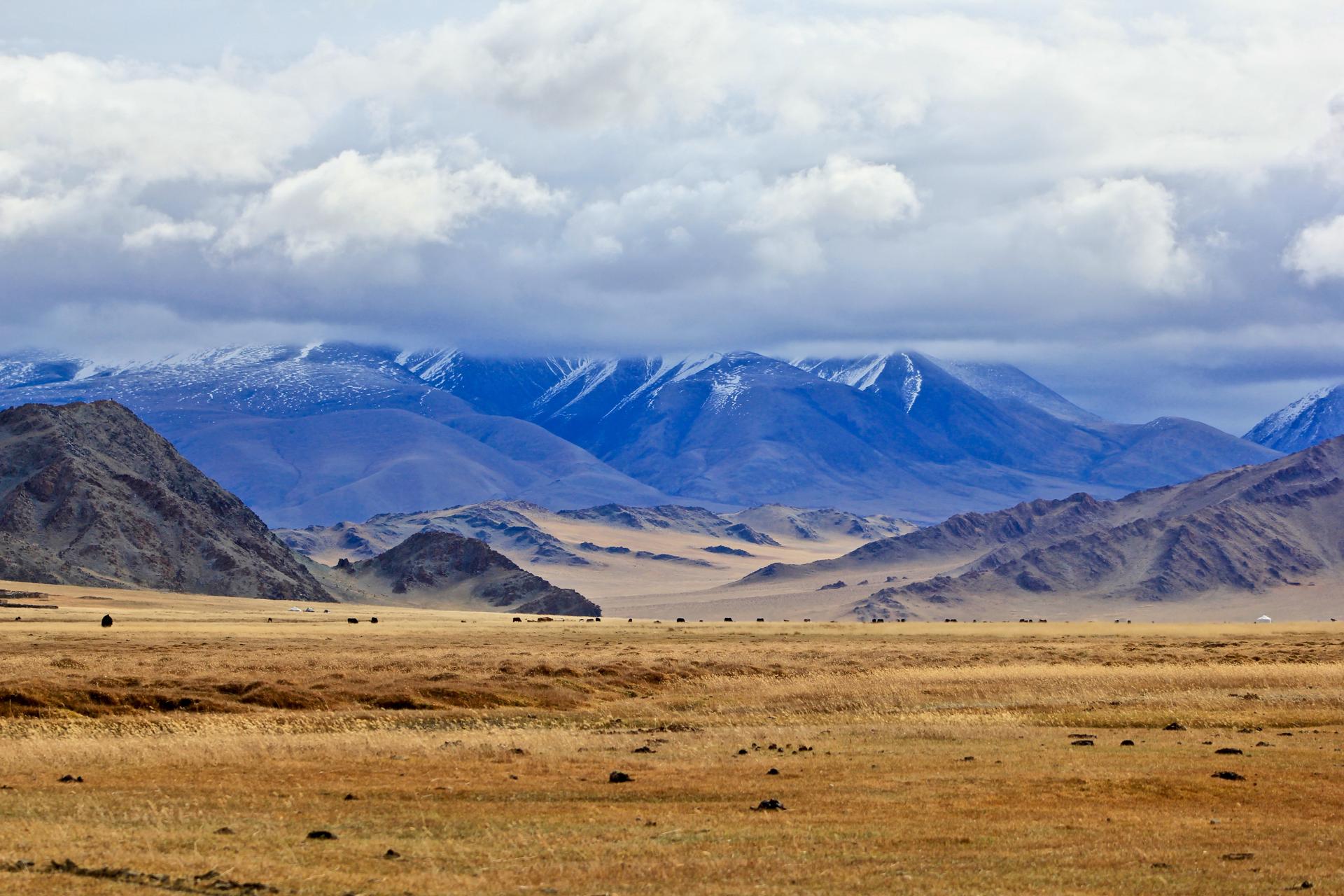Mongolia🇲🇳

Mongolia, a landlocked country in East Asia, shares its borders with Russia to the north and China to the south, east, and west. Its predominantly nomadic culture, stunning landscapes characterized by mountains, extensive grasslands, the cold Gobi Desert and the unique traditions like Naadam Festival makes Mongolia stand out. Mongolia is widely known for its vast, rugged expanses and for its nomadic people, whose lives are dictated by the seasons and the lands. When visiting Mongolia, one should definitely explore the vibrant capital Ulaanbaatar, hike in the Gun-Galuut Nature Reserve, visit the ancient Karakorum or experience the traditional nomadic culture by staying in a traditional yurt.
⚠️Things you should avoid⚠️
- Avoid drinking tap water without boiling or purifying it first.
- Avoid displaying valuables openly, which may attract pickpockets.
- Avoid travelling in public transport during peak hours, as it can get overcrowded.
- Avoid publishing content critical of the government without understanding the legal repercussions.
- Avoid driving late at night due to poor road conditions and high risk of accidents.
- Avoid walking alone at night in poorly lit or secluded areas.
- Avoid disrespecting cultural and religious customs.
- Avoid expressing openly queer affection in rural areas, as it may not be well received.
- Avoid handling animals to prevent potential rabies transmission.
- Avoid travelling without appropriate travel insurance.
Overall
6
Crime 🔫
5
Mongolia has an average crime rate. Petty crimes like pickpocketing and purse-snatching are common in Ulaanbaatar, especially in crowded places. There has been a rise in reports of sexual assault and violent crimes. While the government has made significant efforts to curb these incidents, caution is advised while travelling.
Terrorism 💣
10
The threat of terrorism is particularly low in Mongolia. The country has no history of major terrorist incidents. Mongolia has maintained this status due to its isolated geographical location and strong measures implemented by its government.
War ⚔️
10
Mongolia has, historically, been peaceful and has not been involved in any wars or conflicts in recent years. The last significant conflict involving Mongolia was the border war with China in 1945. Since then, Mongolia has been largely peaceful and stable.
Natural Disasters 🌊
6
Mongolia is susceptible to natural disasters, such as earthquakes, storms, and particularly harsh winter called dzud that can result in the loss of livestock. The last major dzud occurred in the winter of 2020 and caused significant harm to the herding community.
Medical Care 🏥
5
While you can find adequate healthcare services in the capital city, Ulaanbaatar, facilities are poor in rural areas. Also, medical staff may not speak English fluently. In the case of serious illnesses or injuries, evacuations may be necessary.
Tap Water Quality 💧
3
Tap water in Mongolia is not safe to drink directly due to potential bacterial and chemical contamination. It's highly recommended to boil water, buy bottled water or use a professional water purifier.
Disease Burden 🤒
6
Common diseases in Mongolia include Hepatitis A, typhoid fever, and tuberculosis. The rate of non-communicable diseases, such as heart disease and stroke, is on the rise in Mongolia. In 2020, there was an outbreak of plague that resulted in a local couple's death.
Corruption 💸
4
Corruption is moderately high in Mongolia, especially in the sectors of government and business. However, in recent years, Mongolia has made significant progress in fighting corruption, with an introduction of legislation and institutions dedicated to the cause.
Safety for Women ♀️
6
Safety status for women is average in Mongolia. While major cities are generally safe for women, incidence of assault and harassment may occur, especially during evening hours. Solo female travellers should take additional precautions.
Safety for Queer People 👬
6
Mongolia has a growing acceptance towards queer people, with laws to protect them, but societal acceptance is still limited, particularly in rural areas. Discrimination and violence are lesser compared to other countries, but precaution is advised.
Censorship 📺
7
Mongolia enjoys a relatively free media landscape. However, there have been selective cases of censorship, particularly content critical of the government.
Public Transportation 🚌
6
Public transportation like buses and taxis are available in Mongolia especially in Ulaanbaatar, but can be crowded. Auto accidents are common due to poor driving norms. Limited public transportation is available in rural areas.
Other useful information
🔒 How safe is it?
Mongolia is generally a safe country to visit with a moderate risk of petty crime and low risk of terrorism. However, natural disasters like severe winter (dzud) and risk of diseases is something all travellers should be prepared for. Make sure to be cautious, respect local customs, avoid displaying wealth openly, and maintain vigilance when traveling.
🏰 Embassies in this Country
Many countries have their embassies in Mongolia's capital, Ulaanbaatar, including the United States, United Kingdom, Germany, France, and China.
💉 Recommended Vaccinations
Recommended vaccinations for Mongolia include Hepatitis A, Hepatitis B, Typhoid, and Rabies.
🐍 Dangerous Animals
Dangerous animals in Mongolia include snow leopards and brown bears, which are rarely encountered. However, rabies-transmitting dogs can be found in urban and rural areas.
🛂 Visa Requirements
Visitors from most countries need a visa to visit Mongolia. Some countries have visa-exemption agreements for short stays.
💲 Currency
The official currency of Mongolia is the Mongolian Tögrög. Currency can be exchanged at banks and approved exchange counters in Ulaanbaatar.
💳 Credit Card Acceptance
In Ulaanbaatar, credit cards are widely accepted at most hotels, restaurants, and shops.
🧑🏭 Is it possible to work and travel in this country?
Yes, Mongolia offers great opportunities for work and travel, especially for those interested in teaching, mining, and tourism industry.
💵 Cost of Travel and Living
The cost of travel and living in Mongolia is relatively low compared to Western standards. However, prices in the capital, Ulaanbaatar, can be higher than in rural areas.